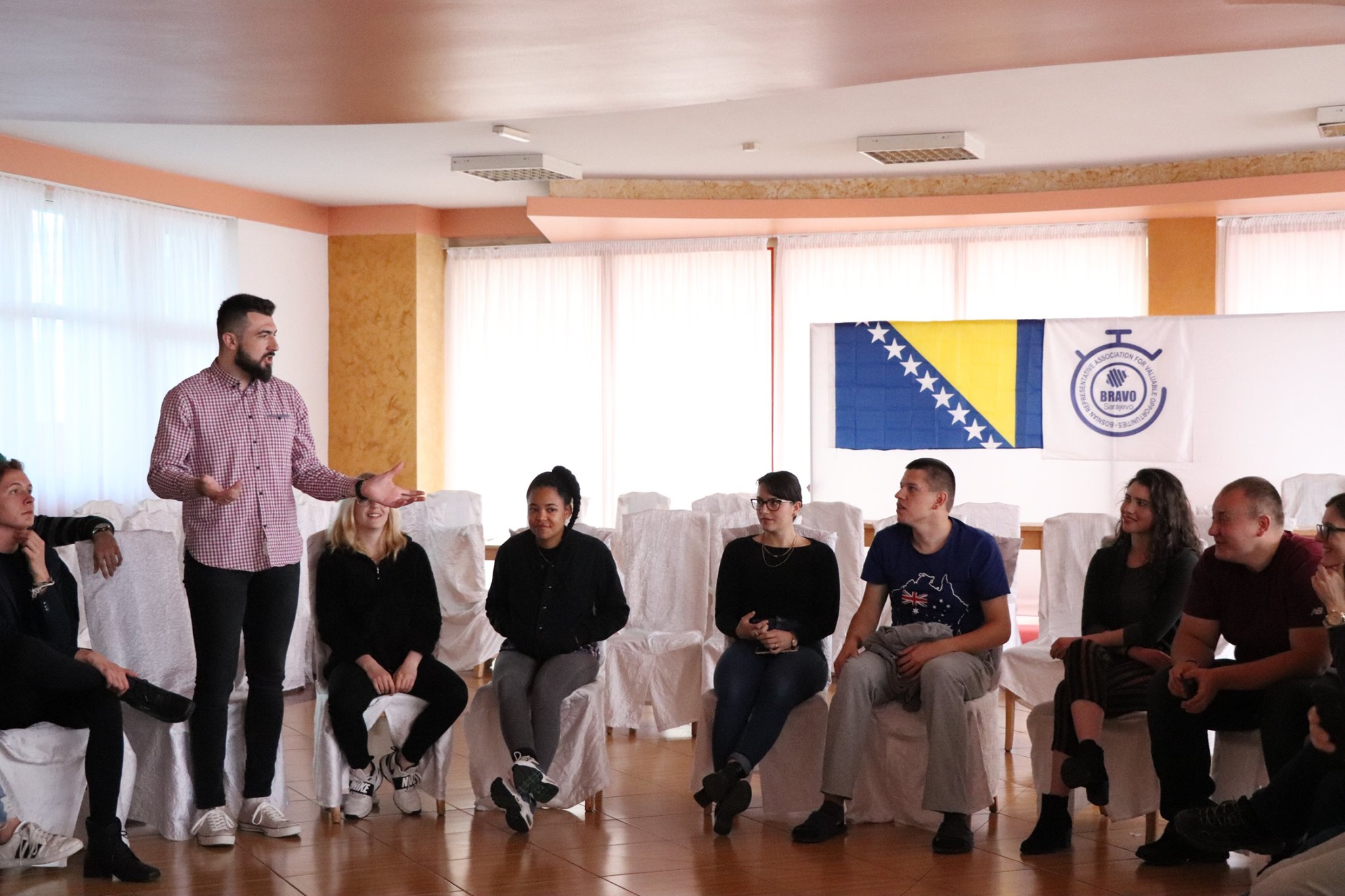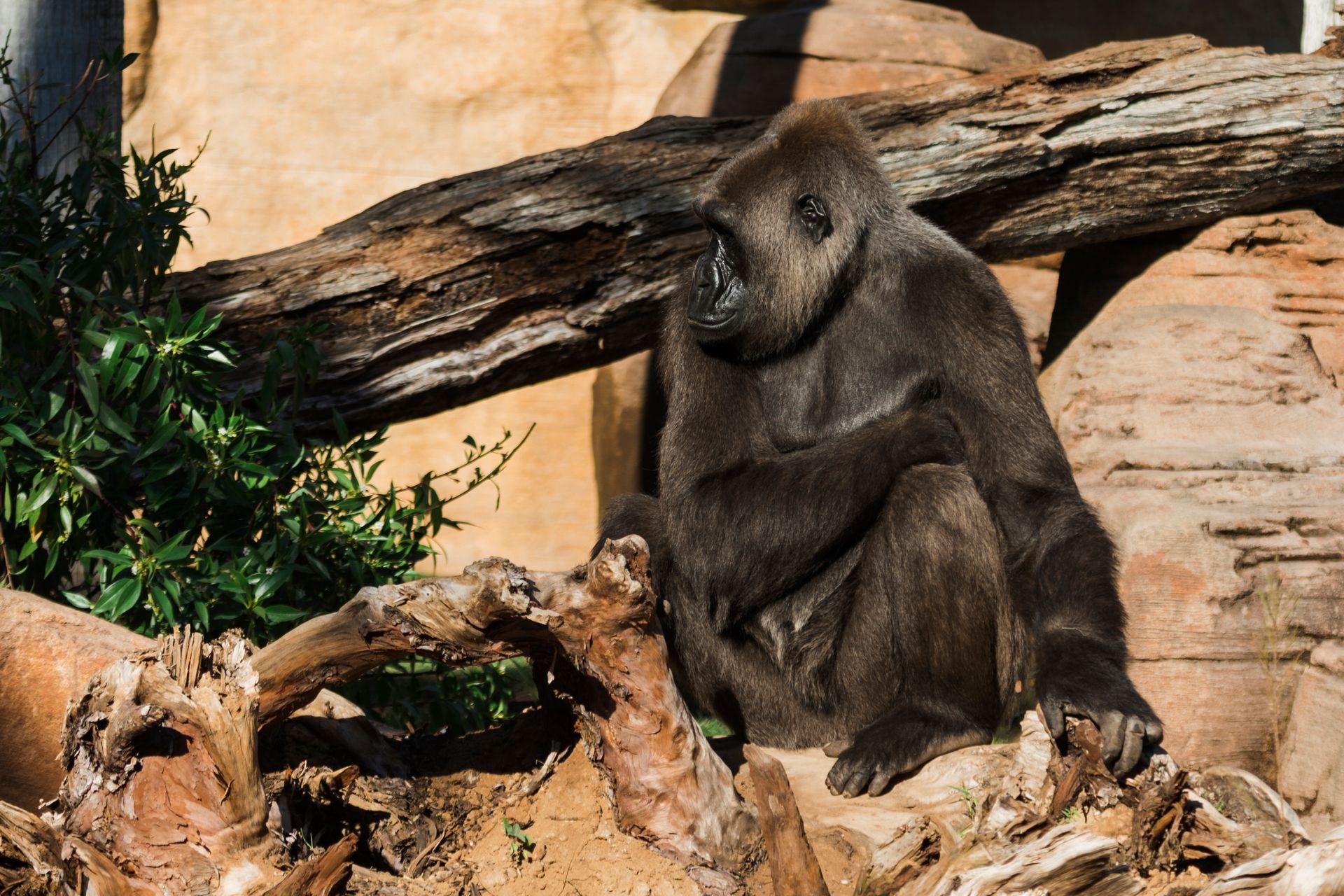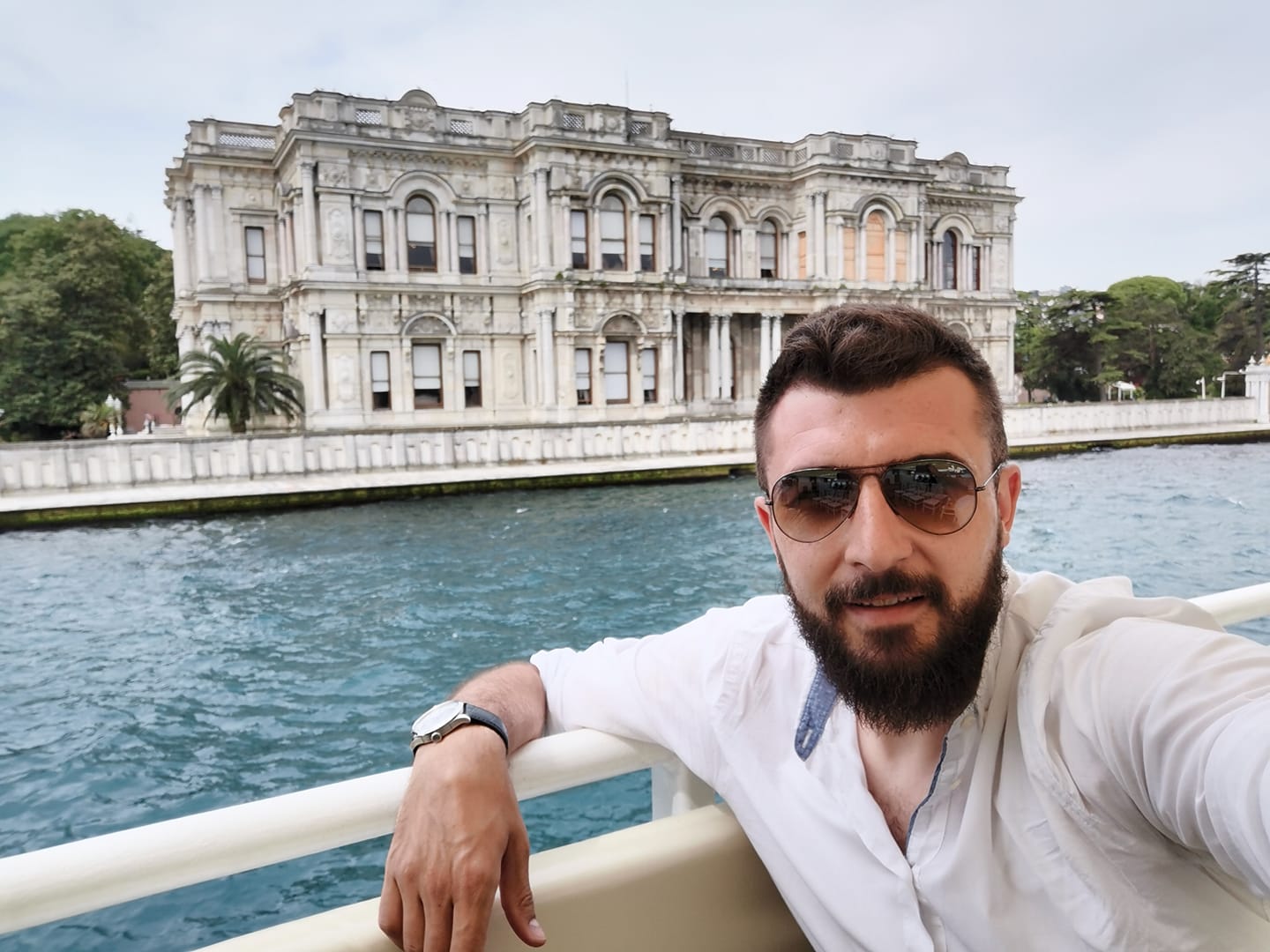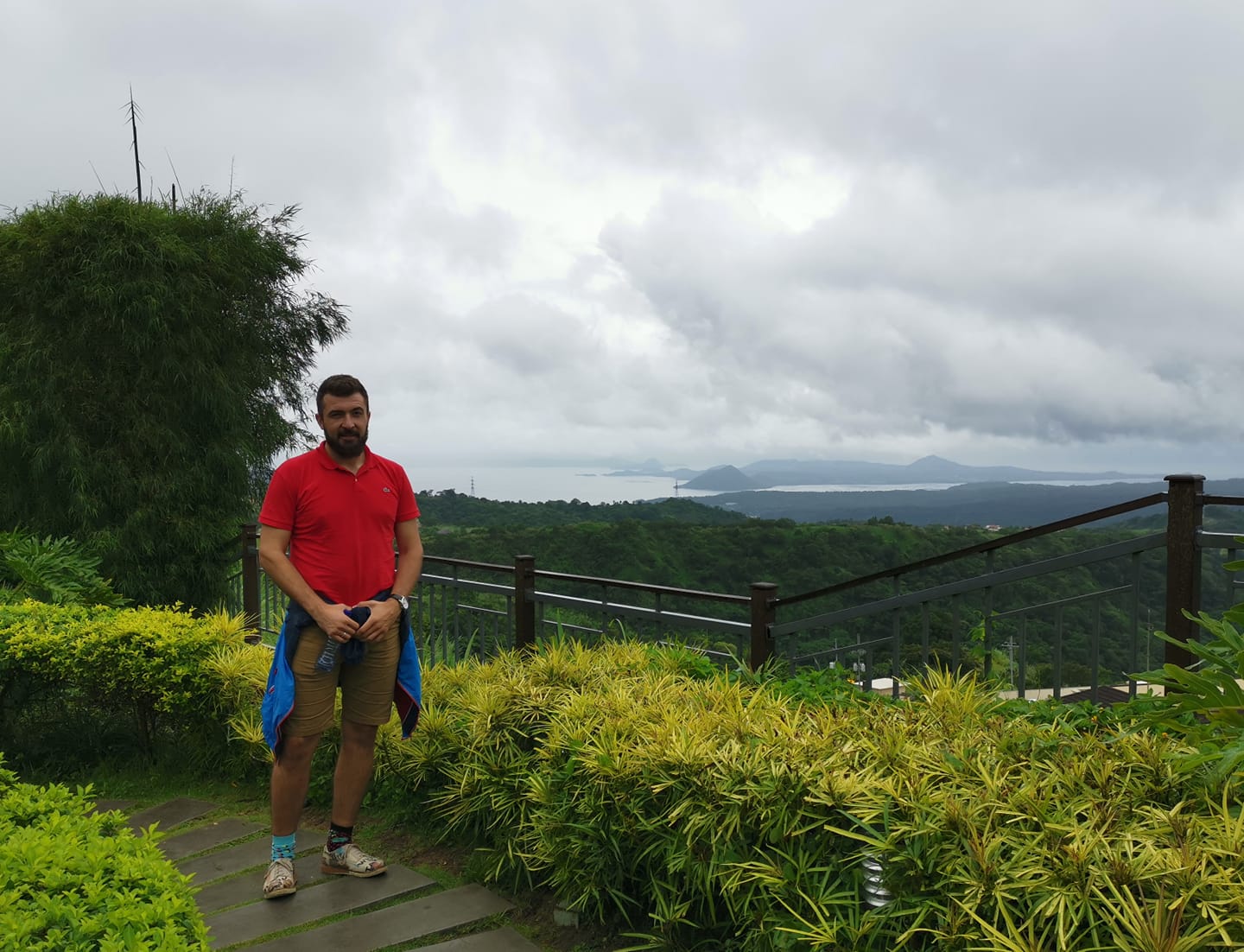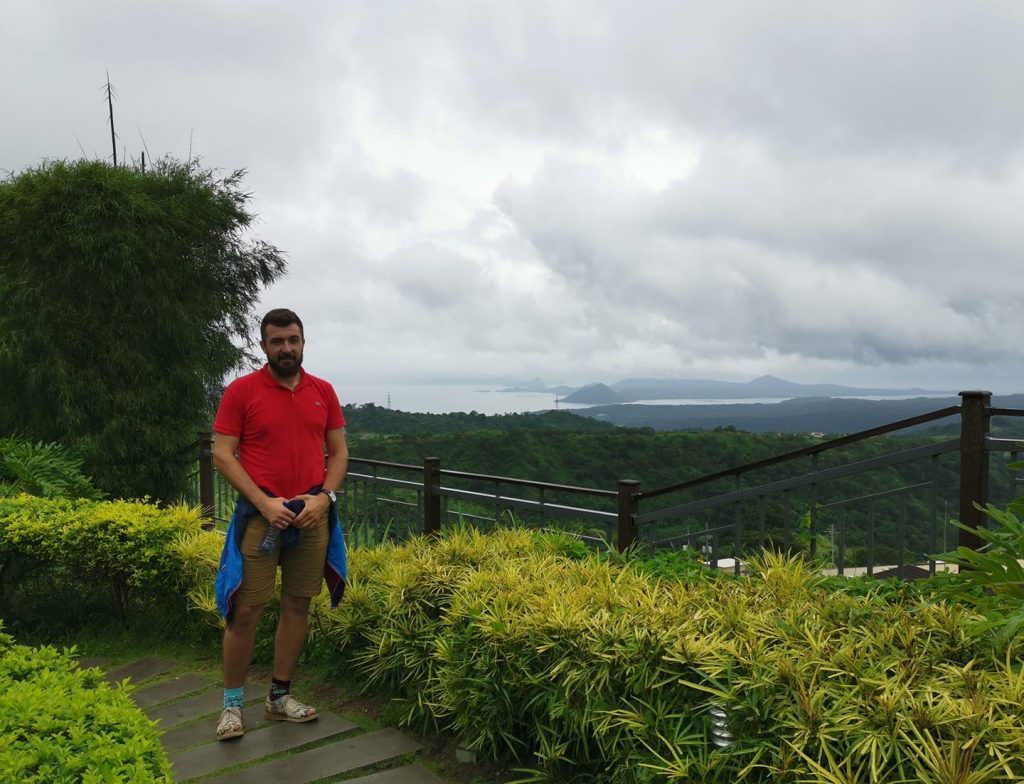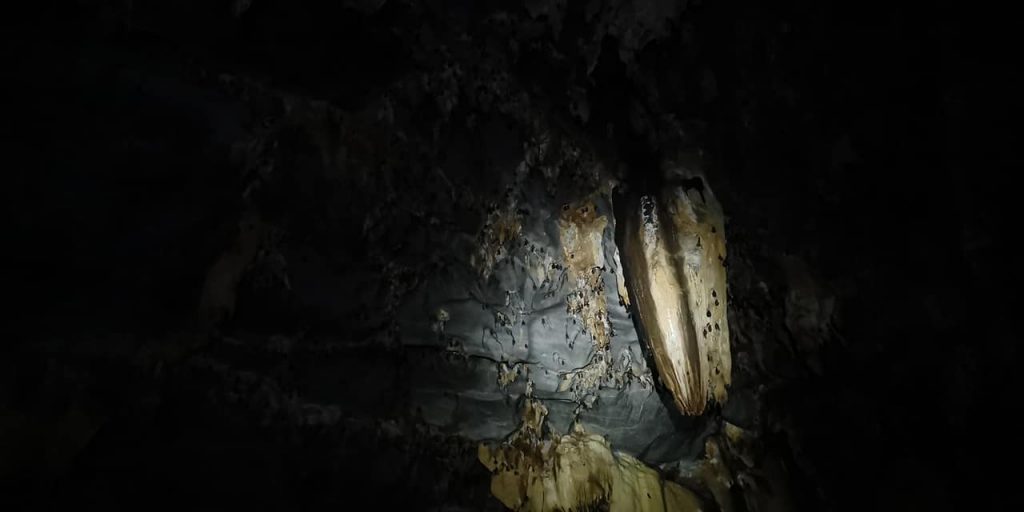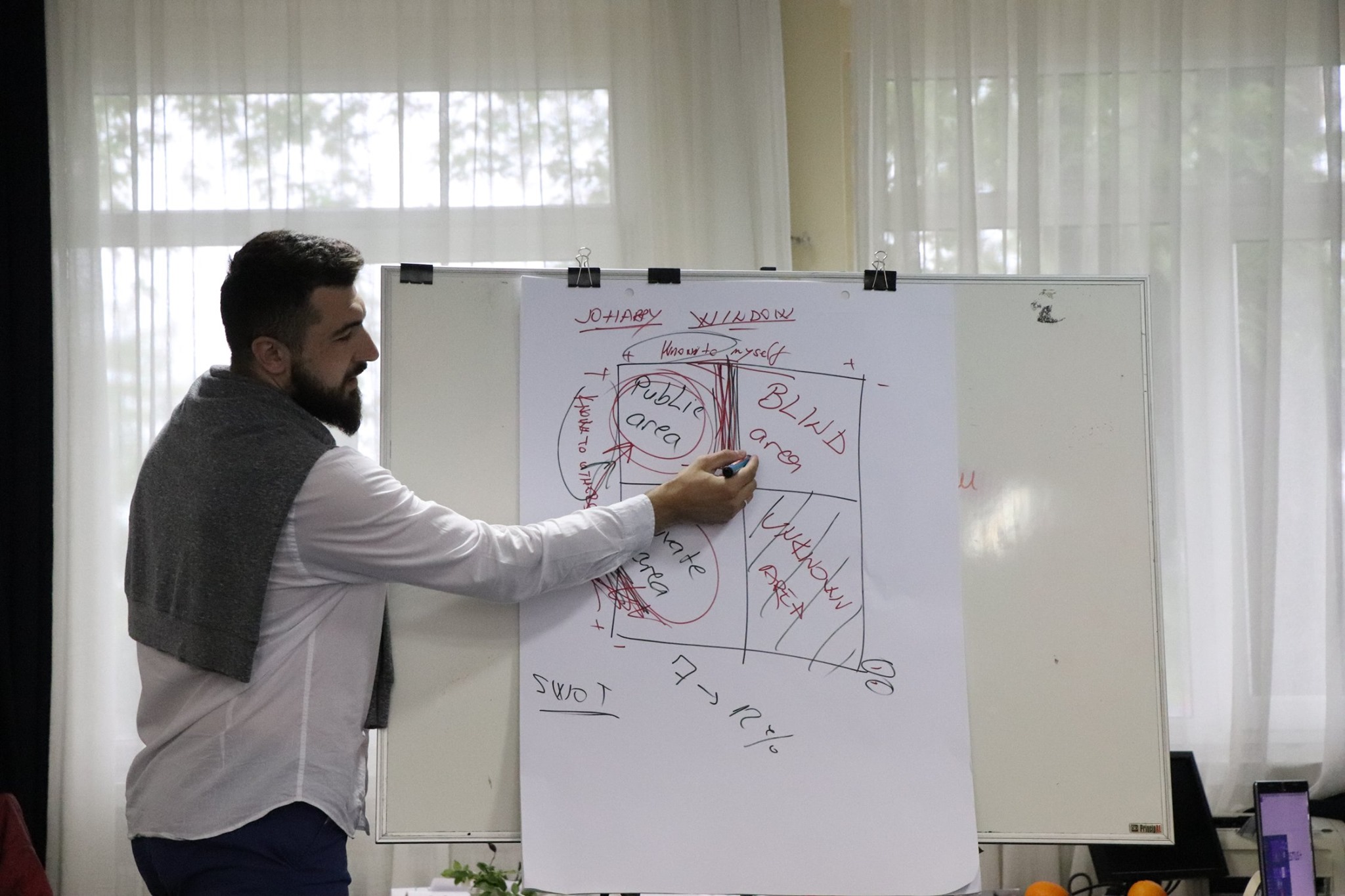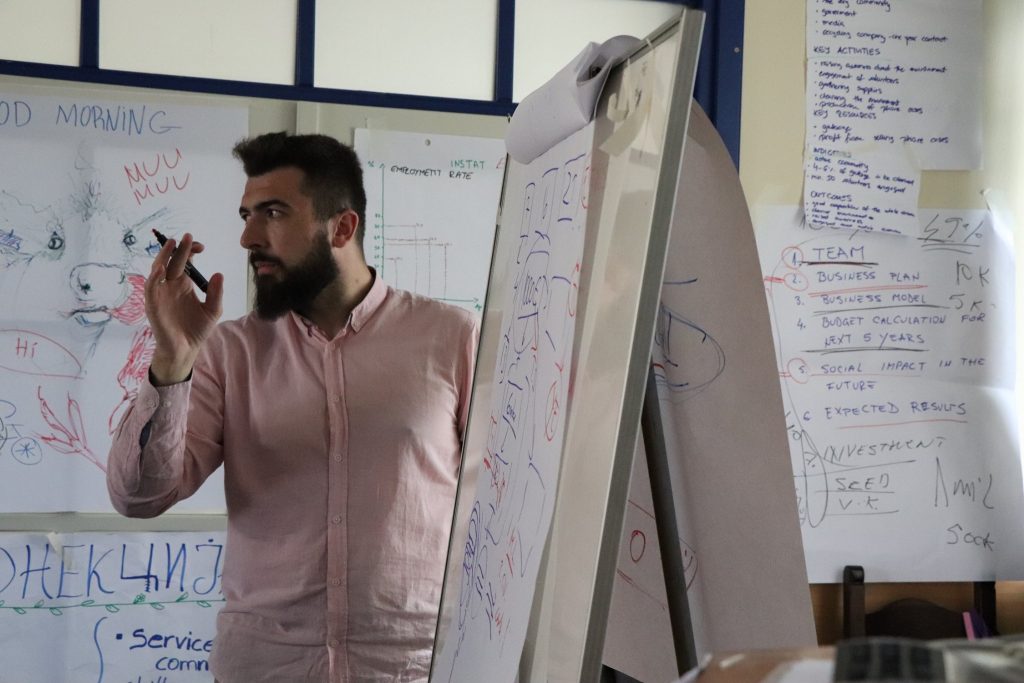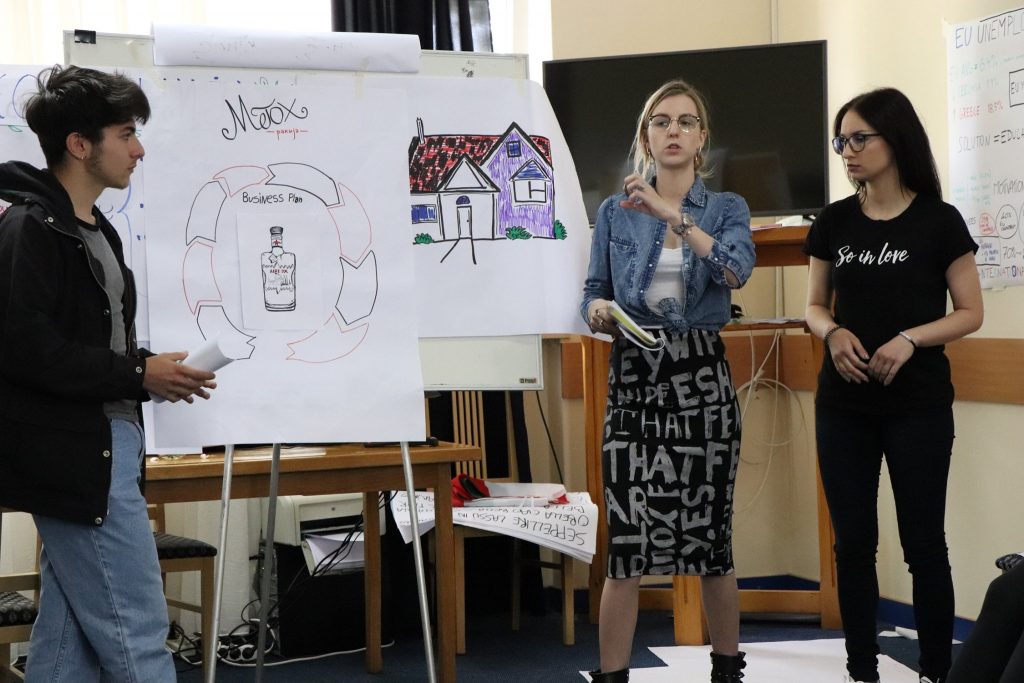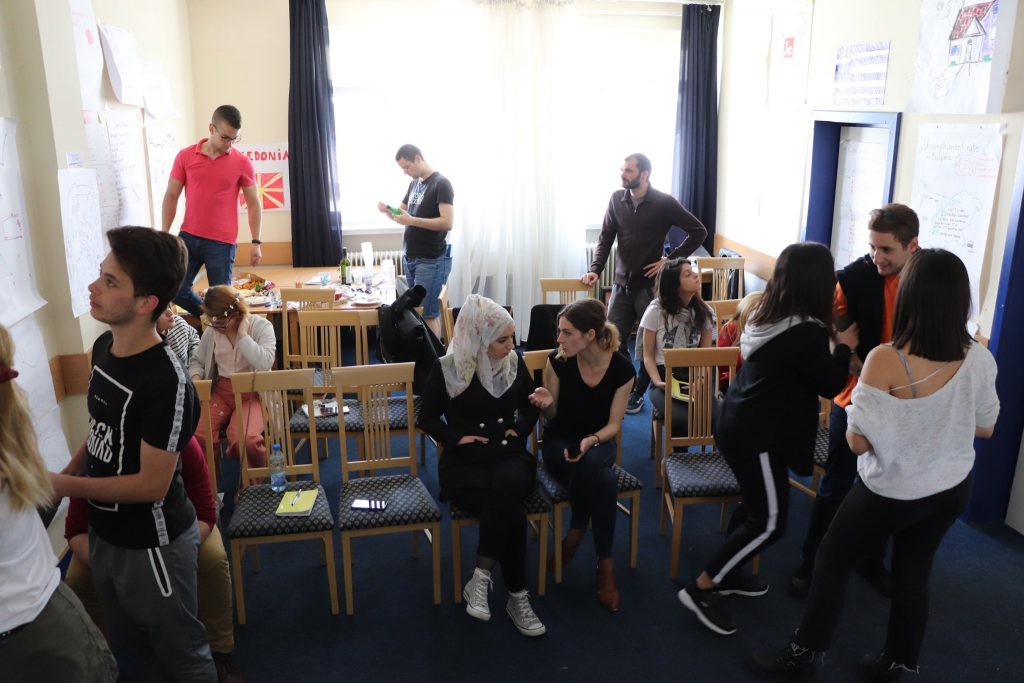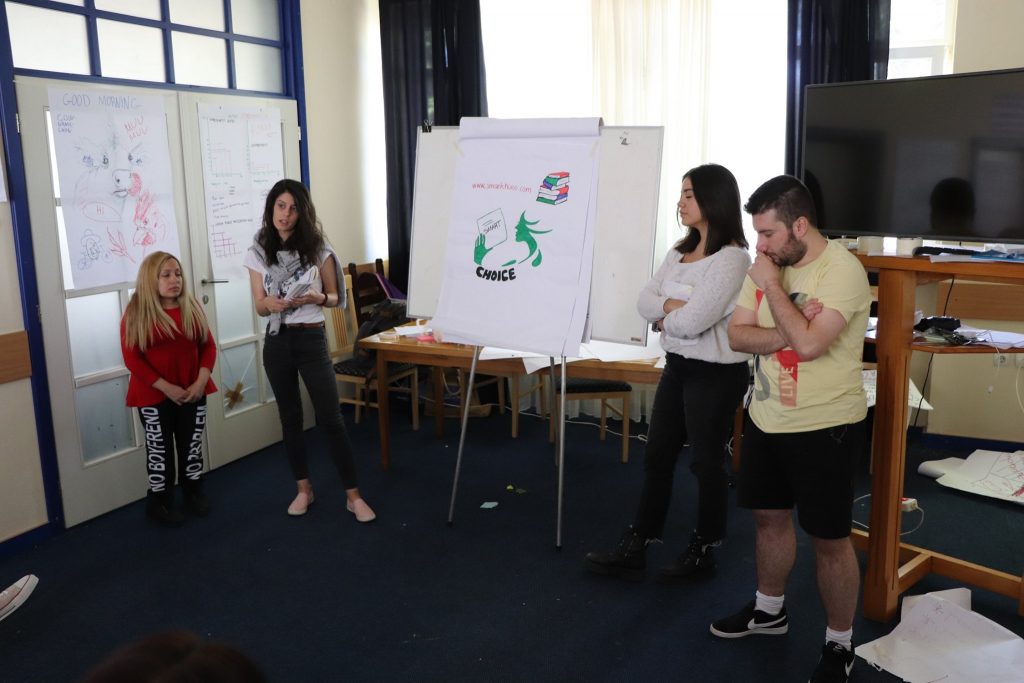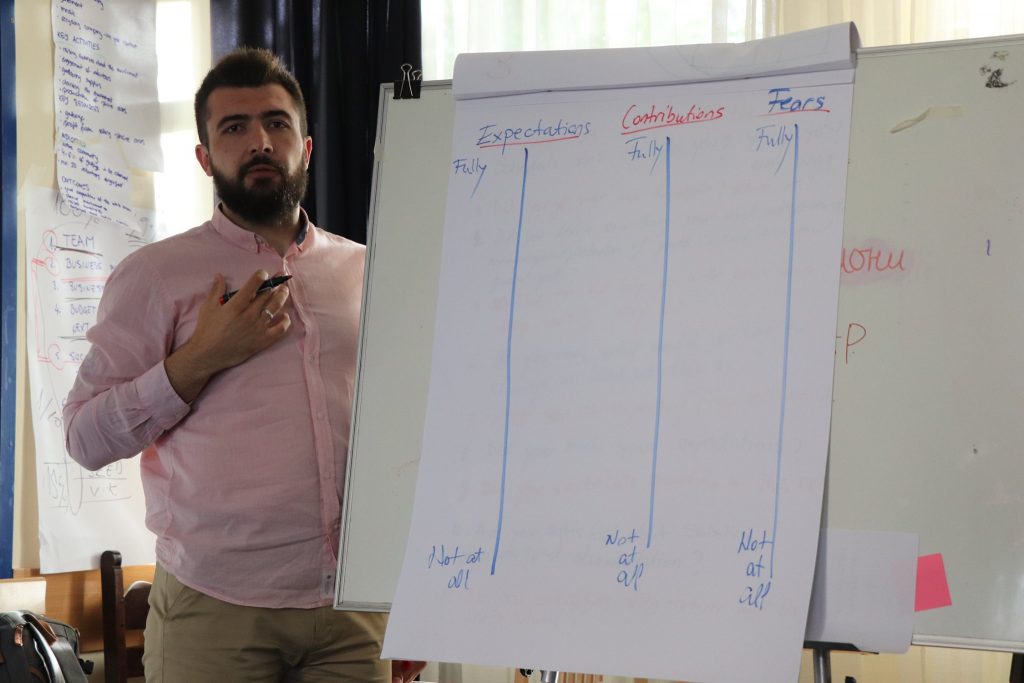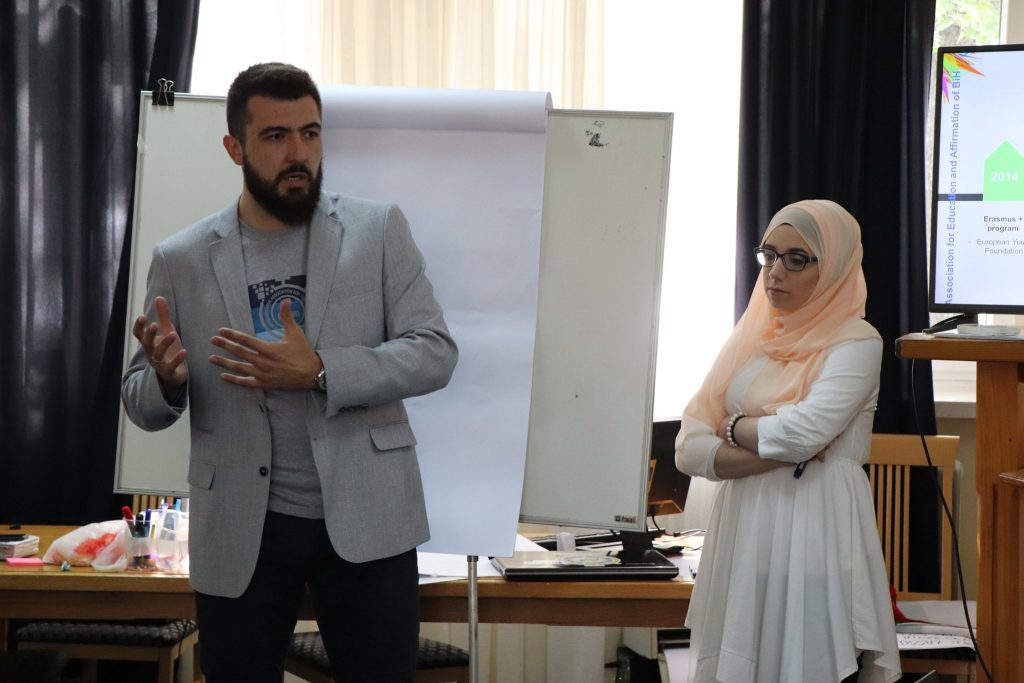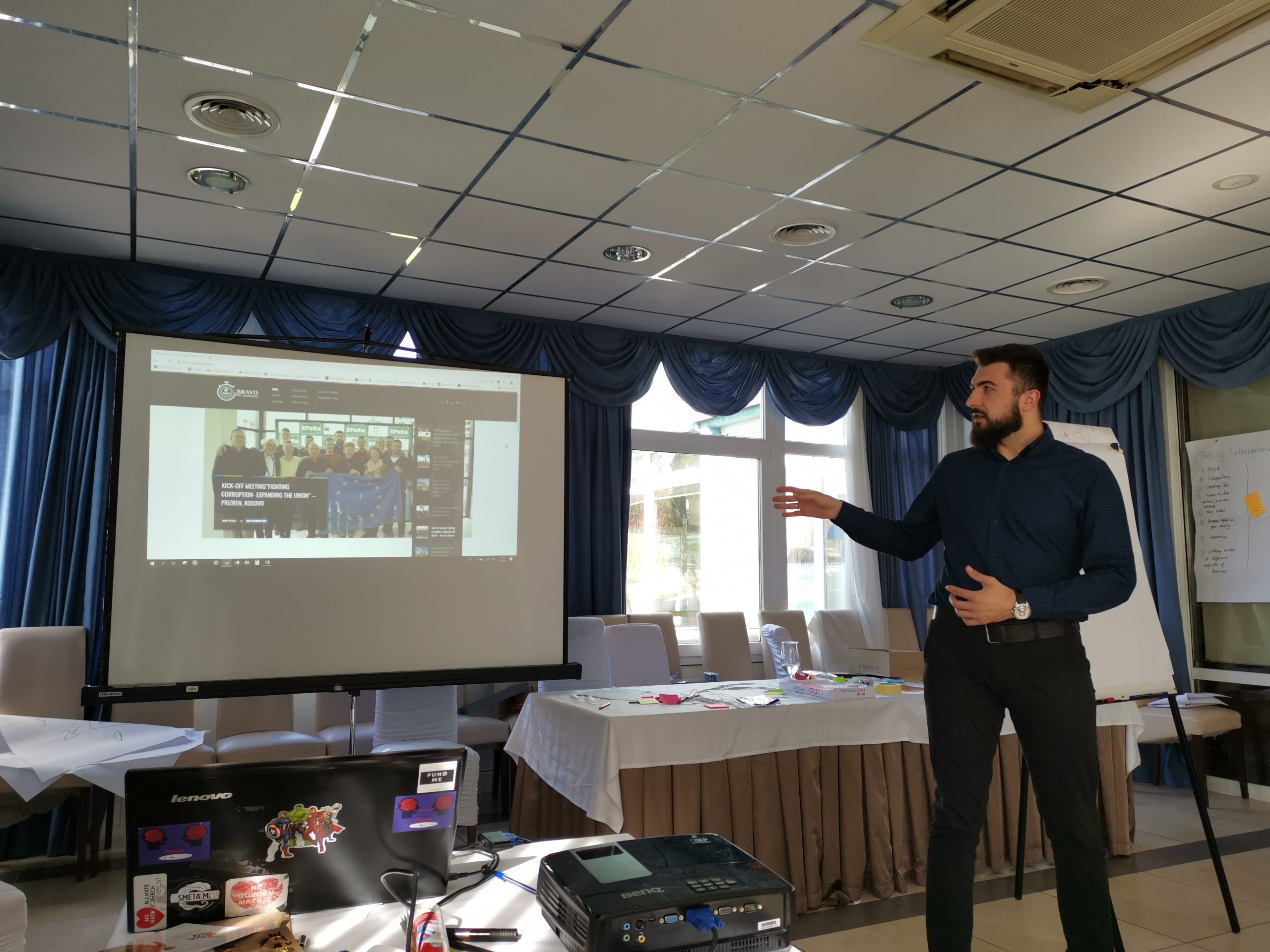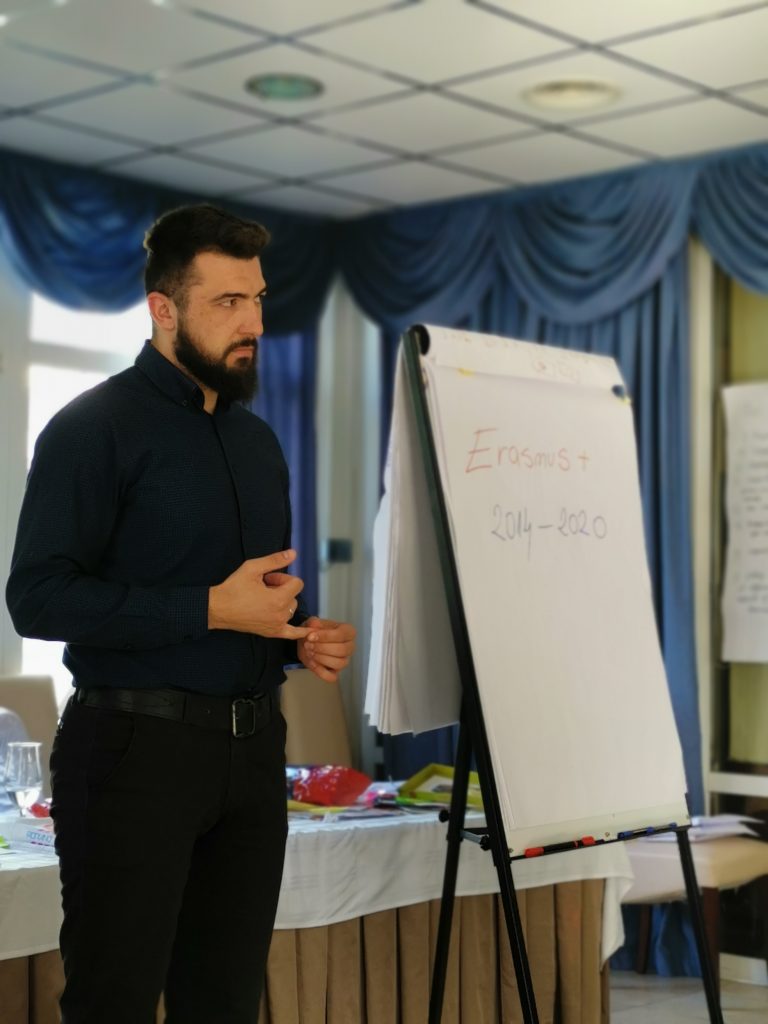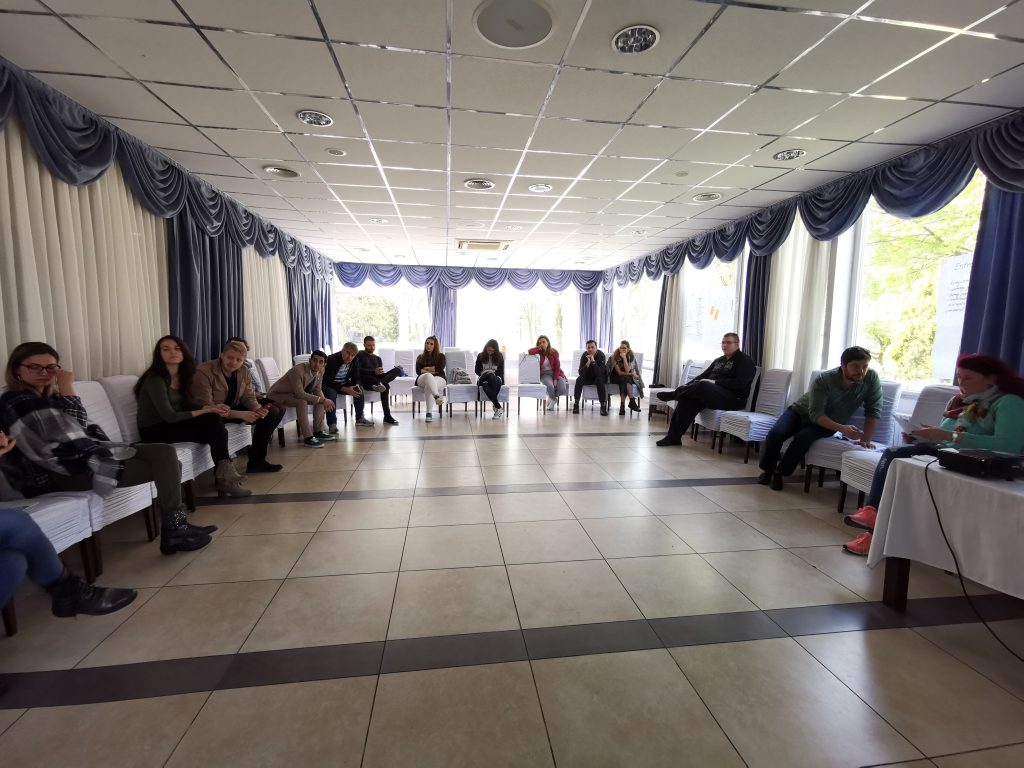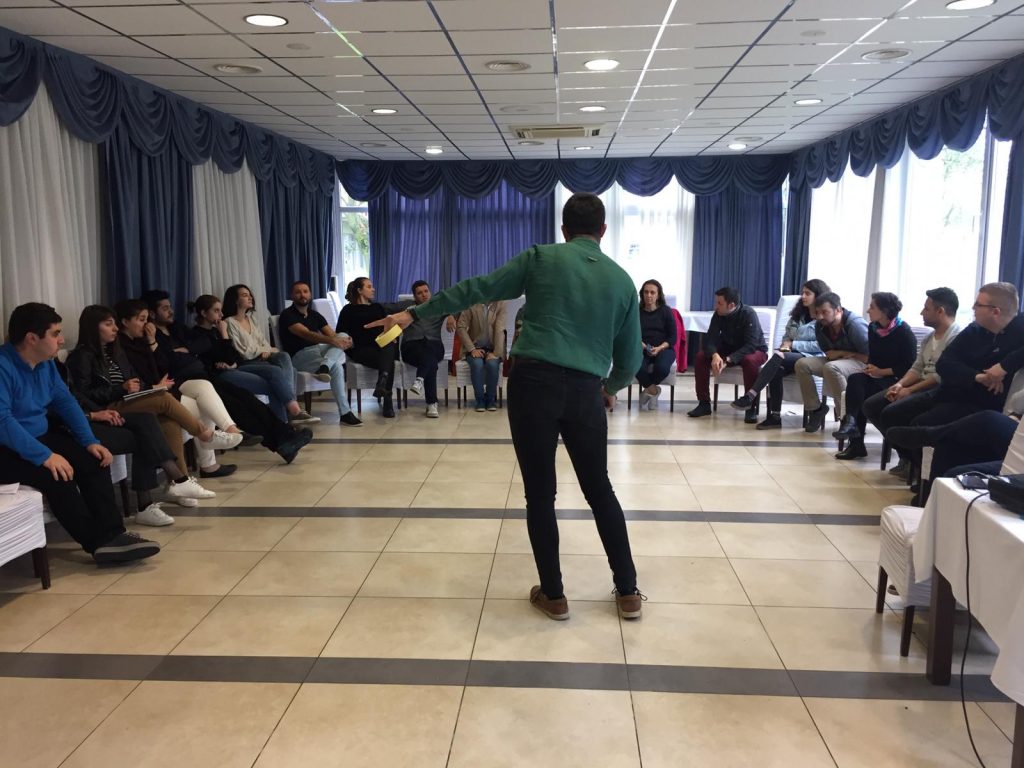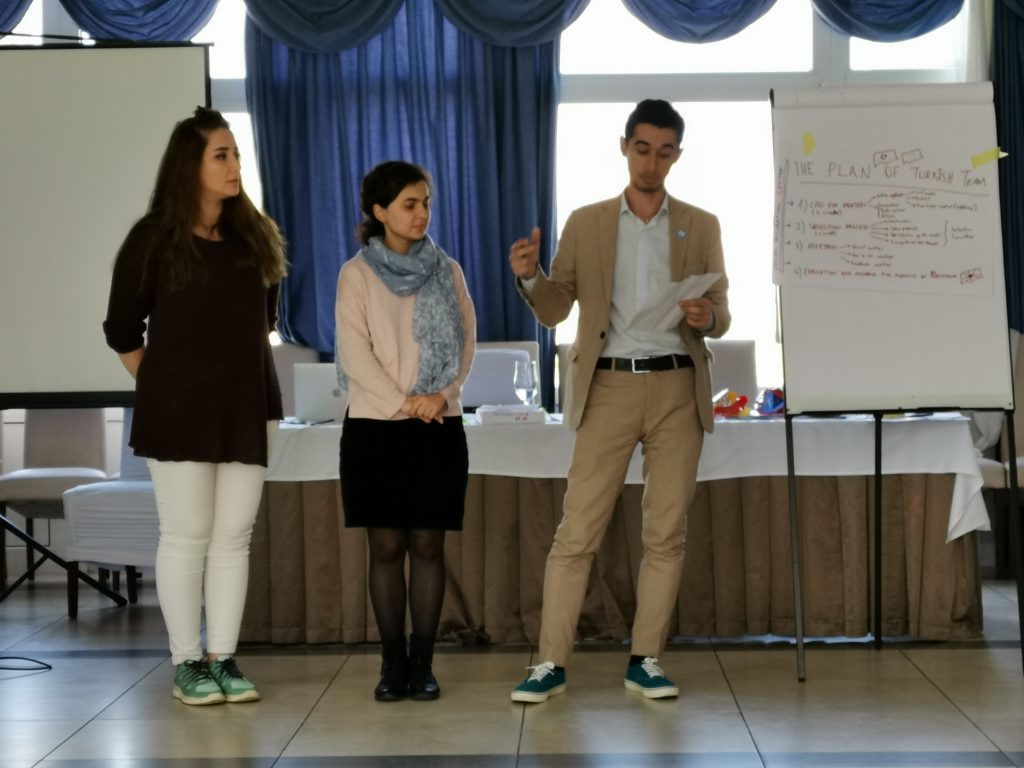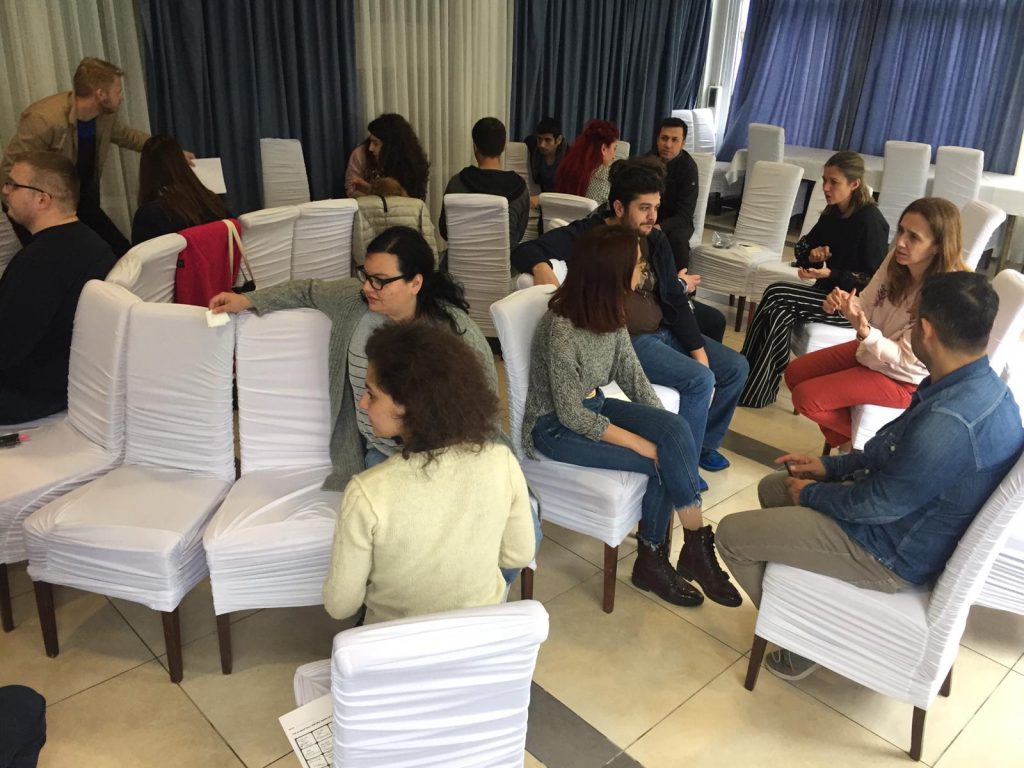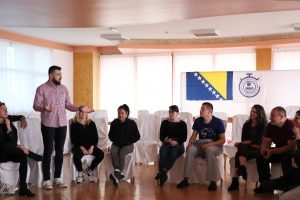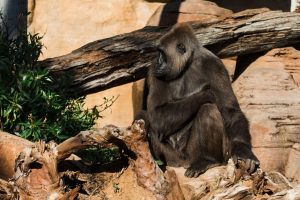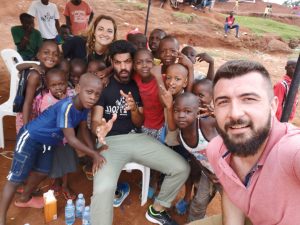How to summarize a 2020 and to be positive? Yes, I can, we can, and we have to!
Let’s begin…
Just through the last year, 2019 I was a trainer, speaker, motivator and facilitator in more than 20 international trainings, seminars and events all over the world. Last year I was able to transfer knowledge about entrepreneurship, startup ecosystems, project management, human rights, healthy lifestyle, diplomacy in sport, the importance of education in the sport (ETS), non-formal education, social media, online tools, project management, team management, female entrepreneurship, European values, sales, business development, business plans and models for all generations of people starting from students to professionals. With these trainings I was working in almost every part of the world. Only in 2019, I’ve had a chance to visit Brazil, Paraguay, Germany, Italy, Romania, Turkey, Philippines, Croatia, Serbia, Montenegro, Poland, Greece, Denmark, Bulgaria (3x), Uganda, Qatar, North Macedonia (2x), Kosovo, Albania, Sweden, Hungary, Czech Republic, Slovakia, Austria, Armenia, Georgia (maybe I even forgot some of them) where I was trying to teach other people some useful things and tools for their life and was trying to inspire them to work on themselves, to use every day, every moment of their life to learn more, to develop their skills and gain valuable knowledge for their future.
Many people ask me where do I find all this energy, power and motivation?! So, this is my short answer:
Every new country, new culture, new language, every new individual who stands in front of me with a wish to learn more, to get some new information from me, every new training and opportunity where I can transfer my knowledge inspire me, give me energy and motivate me to work even more, much better and to increase the quality of my work!
My 2020 was planned to be almost the same, even with more trainings and trips, but …
In 2020, in only 2 months, I visited Belgium, Romania, Italy, Turkey, Poland and Croatia, so the following months supposed to look like the same, but…
Can you imagine how big a swap I had to make to survive 2020? When you make a plan for every day in a year, when every week and month is planned in detail, when your income depends on the number of “trips & trainings”, and suddenly nothing is as you prepared, nothing is easily solved, nothing can be covered by plan B, C or even D?! When you have planned a personal budget of over 50 000€, and you realize that you will get none, how I should feel?
Maybe you were asking yourself “why am I reading this”, why he is writing this, and what we have from “his promotion”, maybe…?
No worries, I will come on that right now!
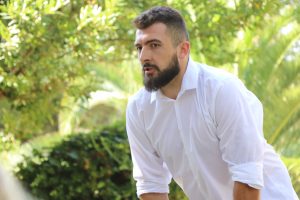
Now is January 2021 and I am still alive, so I survived a 2020 without any international training and activity, which was my main income in 2019, but how did I manage it?! Answer to this question is the reason why I am writing this article…
To understand the answer to this question, first, you have to think about the situation in your life when you were thinking “everything is over”, I can’t continue, my life is over! Everyone in life had such a situation, bigger or smaller, such as falling exam, losing a job, losing a house, death of the family members, company or organization bankruptcy and etc. All these situations and many others are the biggest reasons for suicides in the world. So, to not think about it, I will give you some advice about finding a solution in any kind of situation.
First of all, you have to believe in yourself, in your knowledge, skills and abilities to deal with your feelings and emotions. Usually, if these last two are not set well all things mentioned before are endangered. When people react emotionally, then abilities for controlling a particular situation are not working well. So, first of all – control the emotional side of yourself in any situation. Second, if something is not going by your plan, try to change it to plan B or C if you have it, if not, make it! If that is not working, try something similar, based on the previous idea/job/work, because if that was your plan A, you should be the strongest in that field! If nothing of these are working, be open-minded, don’t be afraid to try new things, try new jobs, jobs which until then were insufficiently valuable and paid for you, jobs “below your level”, and don’t be ashamed of it, because every legally paid job is still a job and a livelihood for your family. If even this is not working for you, try to change your environment and the people you work with, research, apply for online jobs, apply for projects and learn from others! Something from above has to work, if not, hmm, then you really have to work on yourself, your skills, your non-formal and informal education, you really have to start from zero!
Even in this situation, you are still “alive human being” so, you have many things to learn and offer. Do not take things personally, because this is a circle of life, and every next moment can be different. Don’t be afraid to learn new things, to study, research and to change your everyday habits, just in this way you will see light on the end of the tunnel!
This part about learning and education is also valid at a time when you are doing well, when you have a job and when everything looks perfect. We need and must learn every moment of our lives!
The section on plans A, B, C and changes applies not only to individuals but also to companies, startups, organizations and all those who “depend on someone or something”!
At the end, how I survived?
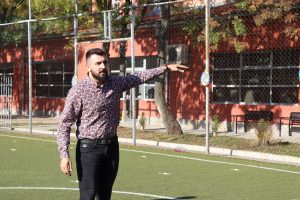
Simple! At least for me, it looks simple, because I am not afraid to work on anything and with anybody, I don’t have a problem working for free or for some small amounts even for jobs who are usually very well paid. I love people, love to change the environment, societies, don’t have problems with freelancing and I am not ashamed to say “YES I WANT TO LEARN” even in situations when I think that I already know that what I get offer to learn. I don’t have a problem working 15-20 hours per day and I am recognized as a big workaholic person.
When the borders got closed I understood that my income will stop, so I had to react very fast and needed to find a solution. First what I have done was “changing the geographical field of work” = stop international => work locally! Second, I used all my skills to start some innovative things in BiH, started to open new programs and opportunities for people in BiH, started to cooperate with BH companies and organizations, I created freelancer profiles on few pages and groups, I contacted my cooperates and associates and offer to work for them for some small amounts of the money and I offered myself to some companies to work for them for free just to spend time with them and learn from them! After all this s**t with Covid-19 started I have contacted some of my “friends” who have companies that are not suffering due to Covid-19 Crisis and offer them myself, my knowledge and skills to work for them part-time or full time, but no one of them “gave me a chance” to join their teams and to contribute. Even we have never spoke about salary, conditions or anything about “job requirements”, but they didn’t give me a chance at least to try. Why? Maybe they were afraid that I will ask big salary or will have some big requests, but they couldn’t know without asking me. Of course, I still support their work and companies, and didn’t take this as “minus” for them, but this motivates me even more to work on myself and my skills.
This was my 2020 way of surviving, and YES, I am still officially unemployed, but still have a normal life, surviving normally, enjoying life with my wife and together we are looking future in the eyes. Maybe I don’t have money as I had last year in this period, maybe I am not spending as I did last year, but I am still enjoying life, have everything I need and I am not complaining never! From 50+ business meeting this year “in this situation” I have never asked anything from these people because I have my dignity and attitude, which is not allowing me to “ask” for myself. From all these 50+ meetings, after presentations and discussions about each other work and situation I have never get the question “how we/I can help you”, so in the last year I am questioning myself a lot: “Am I look really like someone who can help everybody, and how never other side see that “maybe I really need something”?! Am I having a meeting with wrong people or people just trying to use my positive attitude and will to help?! I am questioning myself, but still, I will go to the meetings and will try to help everyone and everybody wherever and whenever I can!
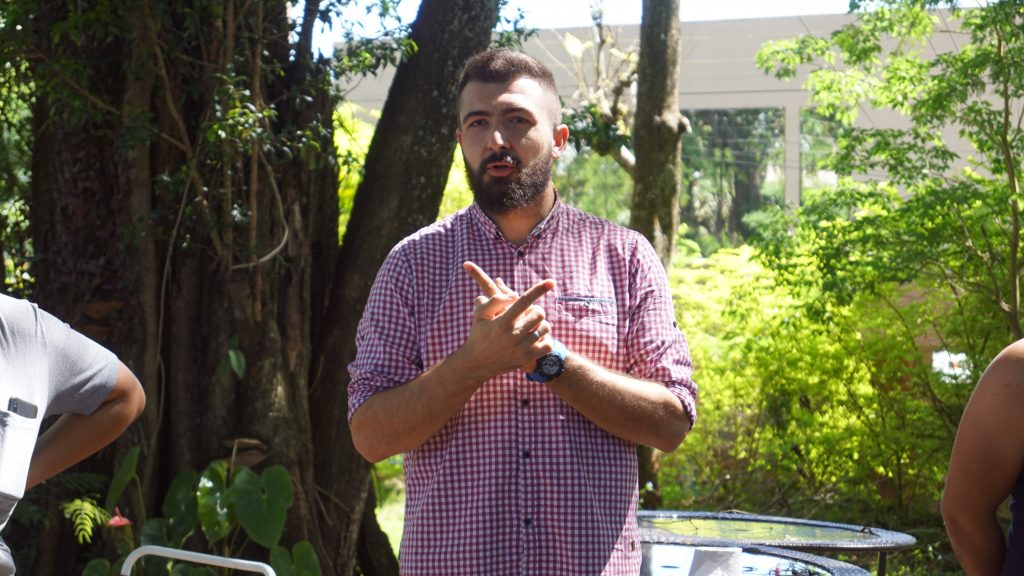
Once in life I said to my self: “God gave you a good brain and knowledge, so make the most of it, but share it with other people and put yourself on the service to your community!
Trust me there is a big truth in the quote “After a storm comes a calm”!
When you see your storm (real ” problem”) look her in the eyes and say: “I like storms. They remind me that even the sky (read “the best ones/the most beautiful/everyone) screams sometimes”!!!
To summarize 2020 in a few sentences and what I really did!
- I got a child, my first son!
- I made some great connections with local and national organizations, companies and institutions who hired me to work for them part-time;
- I held over 10 webinars and online educations for entrepreneurship, fundraising, human rights, fake media and fake news, SMS-s, startup ecosystem and etc.;
- I earned enough to have a normal life;
- I changed a way of work. From Internationally to locally;
- With my team I got 6 Sport International projects (as the only organization from Western Balkan), 4 Capacity Building projects and 2 Europe for Citizens;
- With my team I signed over 250 partnerships with organizations all over the world;
- With my team I supported and helped over 20 organizations to join European Commission Portal and enter European programs;
- My team prepared over 80 projects for other organizations, companies and institutions all over the world. I personally prepared over 20 of these projects;
- I received a prestigious Chinese government scholarship as a young professional under the “YES China Program” for International Business in Beijing, China as my Second Master Degree;
- In the end, I am still Director of BRAVO, and YES, still volunteering.

